Understanding Coroner Authority
The Landmark McLean County Case
Explore the pivotal lawsuit that defined the scope and authority of coroners in Illinois, shaping the future of forensic investigations.
Case Overview
The McLean County lawsuit, initiated by Coroner William T. Anderson, sought to clarify the coroner’s authority in relation to other law enforcement agencies. The case arose from an incident involving a suspicious death and a subsequent conflict between the coroner and the Bloomington Police Department over jurisdiction at the crime scene.
Key parties included the City of Bloomington, the Bloomington Police Department, and various law enforcement associations. The court’s decision emphasized the coroner’s exclusive rights over the body and the scene of death, reinforcing the coroner’s role in death investigations.
This landmark ruling has significant implications for the collaboration between coroners and police, ensuring that coroners can perform their duties without unlawful interference, thereby enhancing the integrity of forensic investigations.
“The court declares that it is unlawful for any general law enforcement officer to obstruct a coroner from performing any act within the exclusive authority of the office of coroner.”
Incident Timeline
On September 12, 1987, a fire broke out at 1101 North Clinton Boulevard, leading to a series of critical events involving multiple law enforcement agencies and legal proceedings.
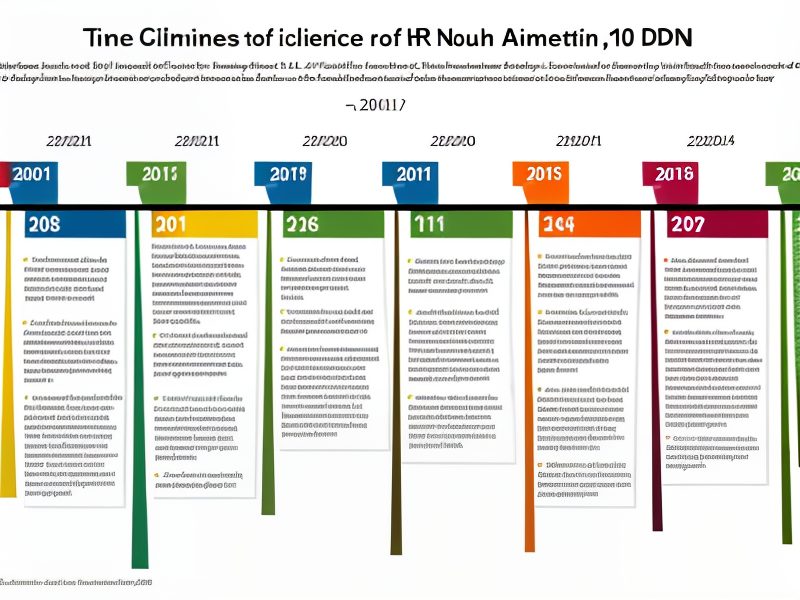
'87
Fire at Clinton Boulevard
Early morning, the Bloomington Fire Department responded to a fire at the residence of Cecil R. Biddell. Multiple points of origin were identified, suggesting possible arson.
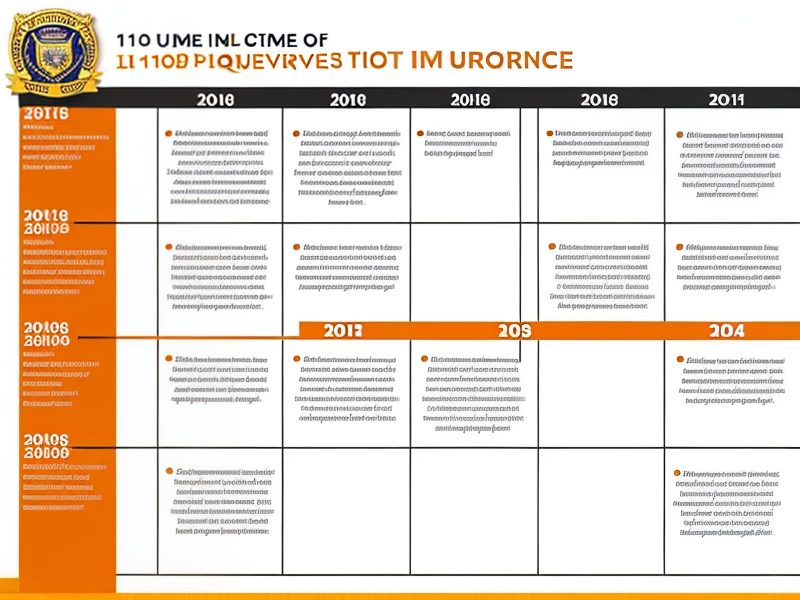
'87
Discovery of the Body
Firefighters discovered the body of Cecil R. Biddell in the living room. The Bloomington Rescue Squad transported the body to Brokaw Hospital, where he was pronounced dead.
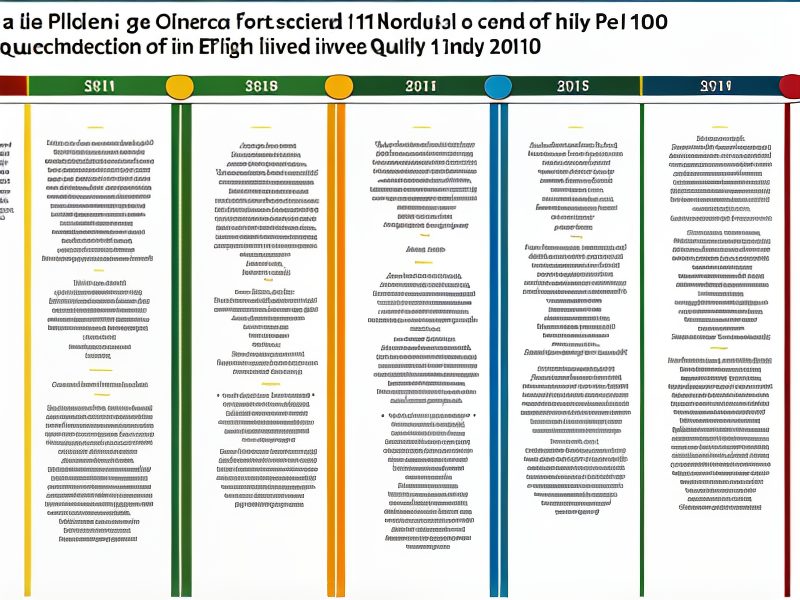
'87
Coroner's Involvement
Deputy Coroner Edward Book secured the body at the hospital morgue and informed Coroner William T. Anderson, who then visited the scene but was denied entry by the police.
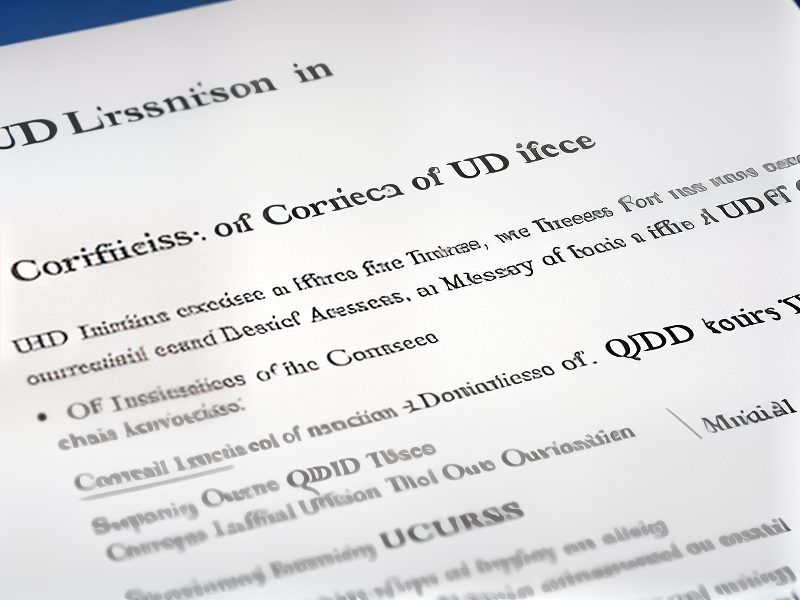
'88
Legal Proceedings
Coroner Anderson filed a suit for declaratory judgment to define the scope of his authority. The court allowed multiple law enforcement associations to intervene in the case.
Authority and Duties of the Coroner
The office of the coroner in Illinois holds significant responsibilities, including investigating sudden, violent, or unexplained deaths. Coroners are empowered to take charge of bodies and determine the cause of death, often working in conjunction with other law enforcement agencies.
The Illinois Coroners and Medical Examiners Association (ICMEA) supports coroners through training, advocacy, and resources, ensuring they can perform their duties effectively and uphold public trust.
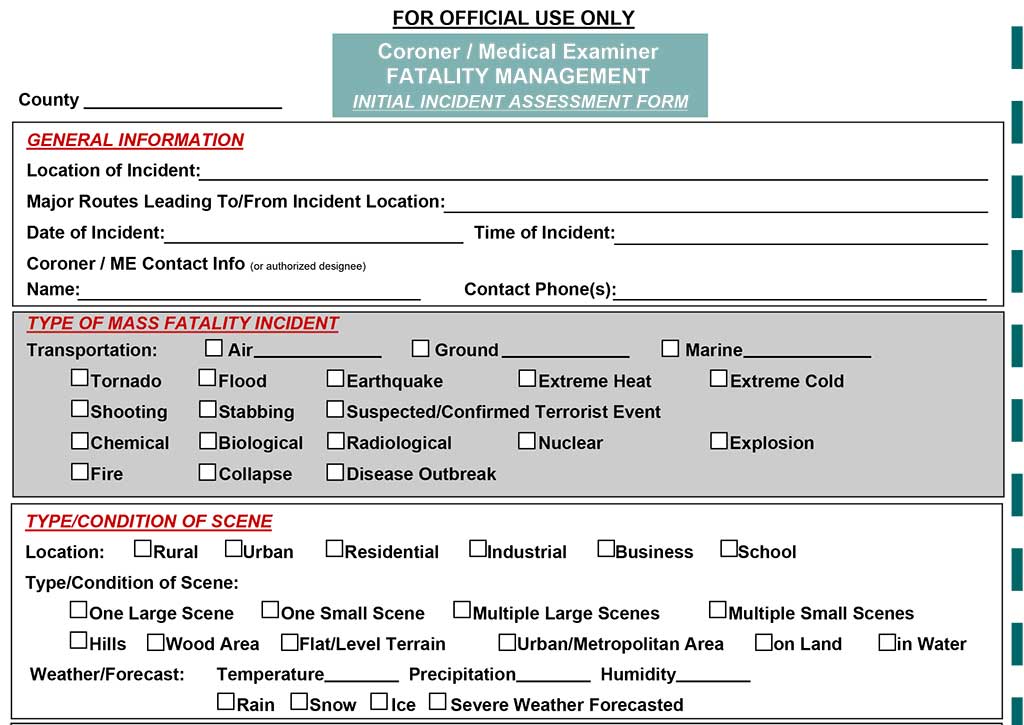
Common Questions about Coroner Authority
Understanding the role and authority of the coroner can be complex.
Here are some frequently asked questions to help clarify their duties and the legal implications of their work.
What is the primary role of a coroner?
The primary role of a coroner is to investigate deaths that are sudden, violent, or unexplained. This includes determining the cause and manner of death and ensuring that the body is handled appropriately.
What authority does a coroner have at a crime scene?
Coroners have exclusive jurisdiction over the body and any substances therefrom at the scene of death. They can enter the scene to gather evidence related to the cause of death, even if other law enforcement agencies are present.
How does the coroner's authority interact with police investigations?
While coroners have specific authority over death investigations, they must collaborate with police and other law enforcement agencies. The coroner’s authority is exclusive regarding the body, but general law enforcement duties are shared.
What was the outcome of the McLean County lawsuit?
The court ruled that the coroner had the right to enter the scene to investigate the cause of death and that it was unlawful for police to obstruct the coroner’s duties. This case clarified the scope of the coroner’s authority in Illinois.
What support does ICMEA provide to coroners?
The Illinois Coroners and Medical Examiners Association provides training, resources, and advocacy for coroners. They help ensure that coroners are well-equipped to perform their duties and stay updated on legal and procedural changes.
Why is the coroner's role important?
The coroner’s role is crucial in determining the cause of death, which can impact legal proceedings, public health, and safety. Their work helps bring closure to families and ensures that justice is served in cases of unlawful deaths.
